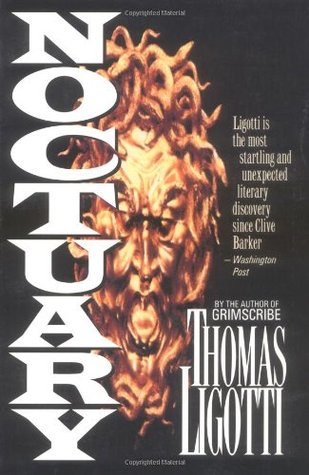In The Night, In The Dark
A Note on the Appreciation of Weird Fiction
No one needs to be told about what is weird. It is something that becomes known in the early stages of every life. With the very first nightmare or a childhood bout of fever, an initiation takes place into a universal, and at the same time very secret society. Membership in this society is renewed by a lifelong series of encounters with the weird, which may assume a variety of forms and wears many faces. Some of these forms and faces are familiar only to oneself, while others are recognized by practically everybody, whether they will admit it or not.
Weird experience is in fact so prevalent that it is taken profoundly for granted, lying unnoticed in the back rooms of a person's life and even further removed in the life of the world at large. But it is always there, waiting to be recalled in those special moments that are all its own. These moments are for the most part rather brief and relatively rare: the intense weirdness of a dream fades upon waking and is often utterly forgotten; the twisted thoughts of a delirium soon uncoil themselves upon recovery from illness; even a first-hand, wide-awake confrontation with the extraordinary may lose the shocking strangeness it initially possessed and ultimately consign itself to one of those back rooms, those waiting rooms of the weird.
So the point is clear: experience of the weird is a fundamental and inescapable fact of life. And, like all such facts, it eventually finds its way into forms of artistic expression. One of those forms has been termed, of all things, weird fiction. The stories that constitute this literary genre are repositories of the weird; they are something like those remote rooms where the dreams and deliriums and spectral encounters are kept, except that they may be visited at any time and thus make up a vast museum where the weird is on permanent display.
But does anyone need to be told what weird fiction is all about, anymore than an introduction is required to the weird itself? It is strongly possible that the answer to this question is yes. The reason for this answer is that weird fiction is not something experienced in the same way by everyone: it is not a nightmare or a fit of fever; certainly it is not a meeting in the mist with something that is not supposed to be. It is only a type of story, and a story is an echo or a transmutation of experience, while also an experience in its own right, different from any other in the way it happens to someone and in the way it is felt. It seems probable, then, that the experience of weird stories can be enhanced and illuminated by focusing on their special qualities, their various forms and many faces.
